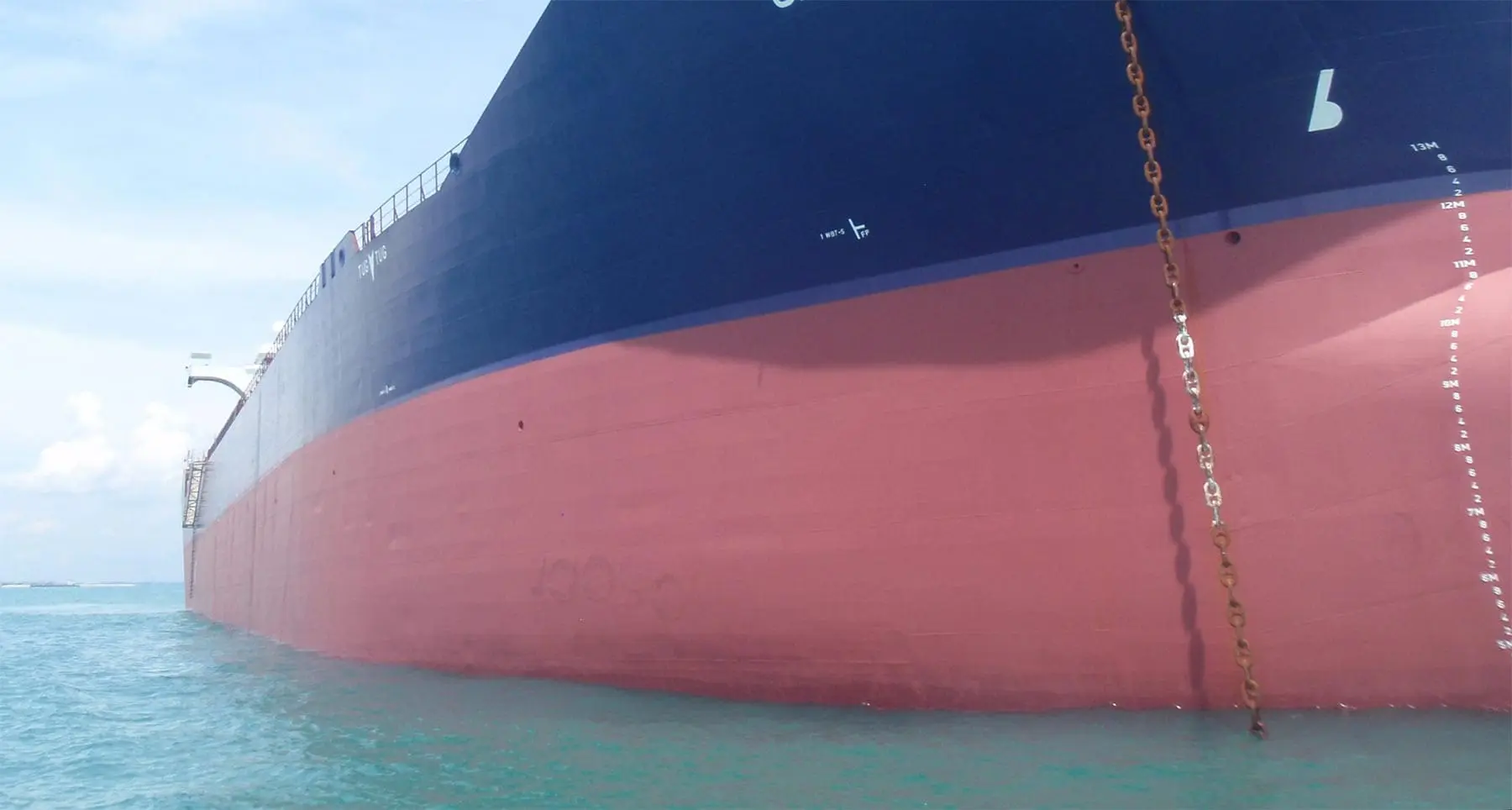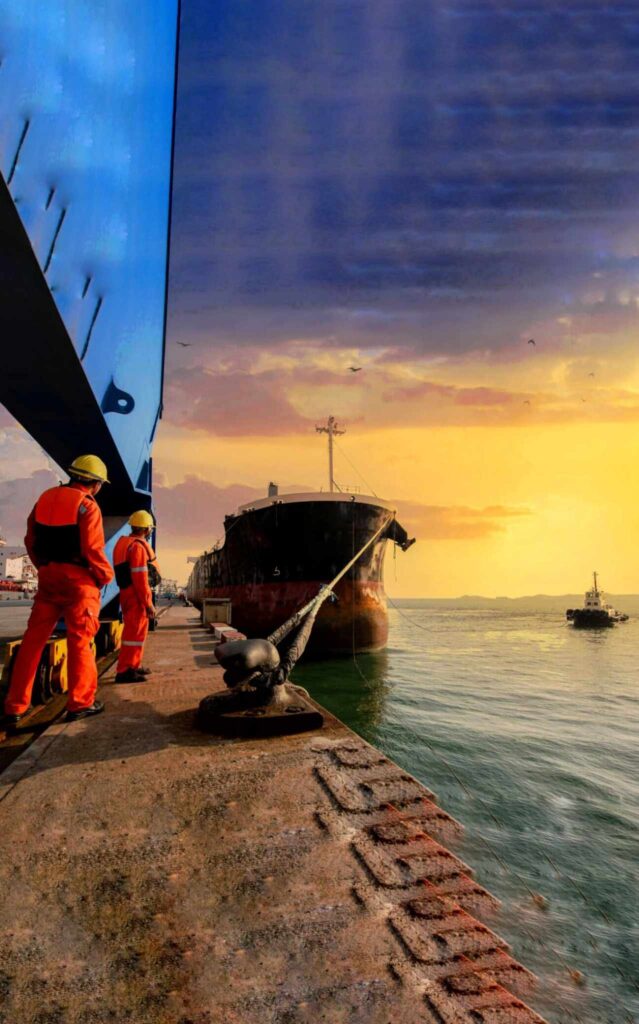A new whitepaper authored by nine of the industry’s top marine biocide suppliers has thrust marine antifouling biocides into the spotlight to highlight the vital role they play under the waterline as the vanguard against biofouling in the shipping industry’s quest to decarbonize.
London, United Kingdom. : Nine major suppliers of biocides to the marine antifouling coatings sector have collaborated to increase awareness around the importance of marine biocides for the control of biofouling on ship hulls.
Antifouling biocides
In a new whitepaper developed by the group entitled ‘Antifouling biocides: a key contributor to sustainable shipping’ the history of marine biocide use and antifouling coatings development are presented alongside insights into the strict regulatory processes that govern marine biocides and their safety of use in the marine environment.
Global shipping industry without biocides
While this whitepaper is educational in its presentation, it carries a strong message from the authoring marine biocide suppliers that without biocides, biofouling would cost the global shipping industry billions of dollars more from excess fuel use, ships would generate much greater volumes of GHG emissions and pose a higher risk to marine biosafety.
The group of biocide suppliers

The group of biocide suppliers also warn that while marine biocides are here to stay for the long-term future, any further restrictions around the number of marine biocides available for use by coatings manufacturers could have a limiting effect on innovative approaches needed to meet future biofouling challenges.
Marine biofouling has challenged
It is a well-known fact that marine biofouling has challenged the maritime industry since humankind started to explore the oceans. For centuries, materials or compounds that have an antifouling effect have been used to protect surfaces submerged in water through their inclusion in biocidal antifouling coatings.
Supporting sustainable shipping.

Today, a toolbox of ten approved marine biocides protects the majority of the global shipping fleet from the negative impacts of biofouling on ship operations, contributing to the achievement of regulatory compliance and supporting sustainable shipping.
Ships operating under strict global regulations
For ships operating under strict global regulations set by the International Maritime Organization to reduce carbon intensity, as an average across international shipping, by at least 40% by 2030 and to reach net-zero GHG emissions by or around 2050, the underwater hull poses significant risk to decarbonization efforts due to the negative impacts of biofouling accumulation on excess fuel use and GHG emissions generated.
Microbial slime.
A ship hull, if protected by a coating with no marine biocides present, once immersed in water would encounter immediate microfouling growth. This is where microorganisms attach to the surface, creating colonies which form a biofilm, also known as microbial slime.
This biofilm offers good conditions for macro fouling organisms, such as algae, seaweeds, and hard-shelled organisms to attach colonize over the course of a few weeks.
The first line of defense against biofouling
The presence of marine biocides in an antifouling coating act as the first line of defense against biofouling. Unless a hull is protected by a silicone-based alternative to the traditional self-polishing biocidal antifouling coatings, or is periodically cleaned, biofouling will accumulate across the hull surface and in niche areas in the absence of biocidal protection.
Today’s biocidal antifouling coatings, which typically use a combination of different biocides, are the result of hundreds of years of development work and the passing of stringent regulatory approval processes.

Downloade of whitepaper
The ‘Antifouling biocides: a key contributor to sustainable shipping whitepaper’, provides an easy-to-understand resource which enables the reader to understand the key aspects that influence biofouling and its prevention via marine biocides. The whitepaper can be downloaded here: https://bit.ly/4fgBRPk
Co-authoring companies
Co-authoring companies of the ‘Antifouling biocides: a key contributor to sustainable shipping’ whitepaper are: American Chemet Corporation, Arxarda AG, Bardyke Chemicals Ltd, Cosaco GmbH, ECKART GmbH, I-Tech AB, Janssen PMP, LANXESS AG and Nordox AS.




